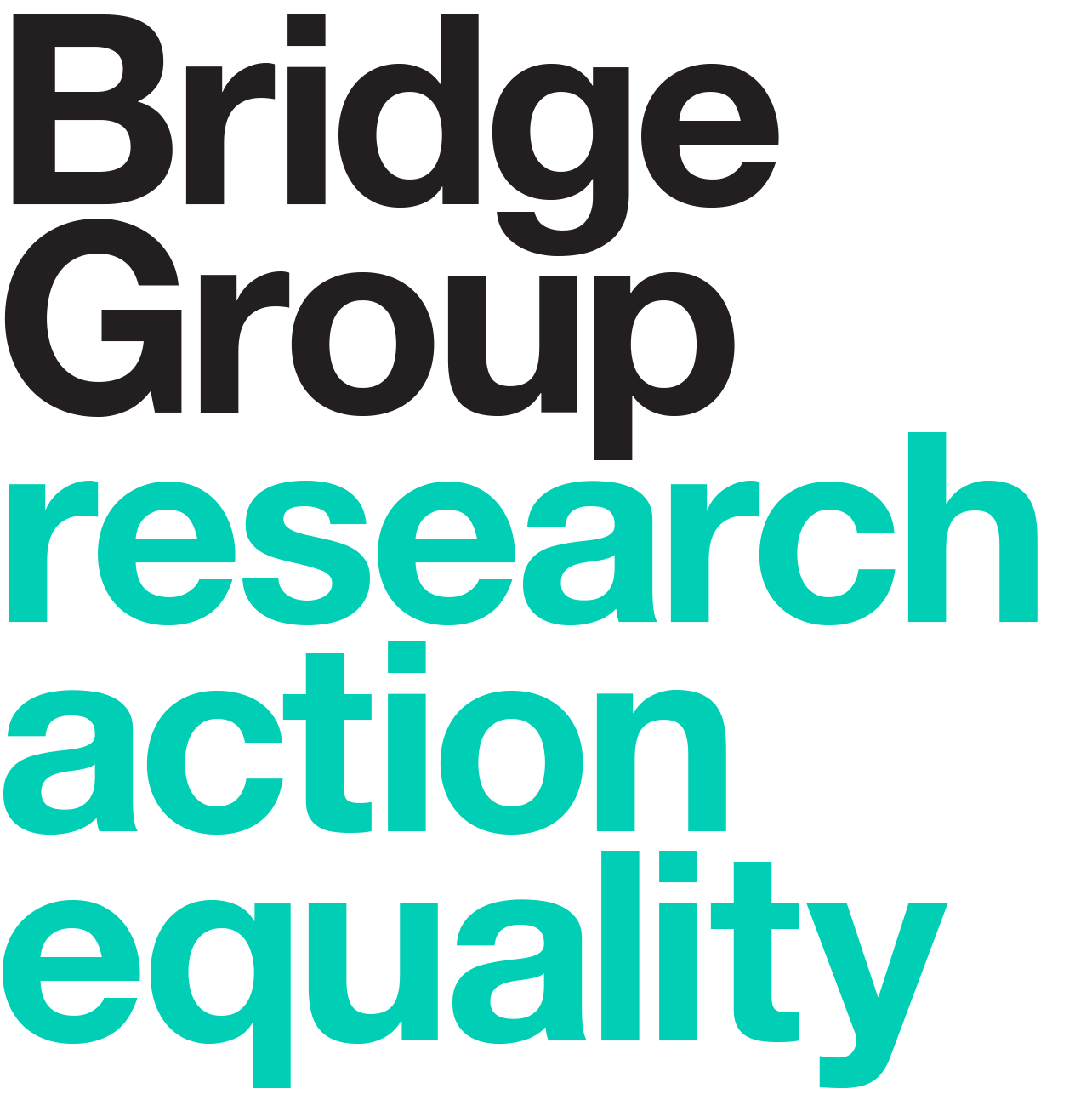KPMG socio-economic background pay gap report
KPMG socio-economic background pay gap report
Using advice from the Bridge Group, KPMG published a firm-wide socio-economic background pay gaps report which aims for 29% working class representation by 2030. The data measures pay gaps between colleagues from different socio-economic backgrounds by looking at their parental occupation. This method of measurement is recommended by social mobility experts, such as the Bridge Group, as the most robust and reliable indicator of socio-economic background.
The KPMG report is available here.
Bina Mehta, Chair of KPMG in the UK, said: “The publication of this data builds on our concerted efforts over a number of years to track and measure the socio-economic make-up of our workforce. It’s only through this focus and level of transparency that we’re able to hold ourselves to account to take targeted action that will help create a fairer and more equitable society. I’m a passionate believer that greater diversity in all its aspects improves business performance. Diversity brings fresh thinking and different perspectives to decision making, which in turn delivers better outcomes for our clients. Reporting against a common ESG framework drives greater transparency and accountability. Most importantly, businesses can demonstrate their broader impact and crucial role in driving change on some of society’s most important issues.”
Jon Holt, Chief Executive of KPMG in the UK, said: “We know that investors, clients, employees and communities want greater transparency from business, and our Impact Plan is just the start. But by taking this important step in reporting and giving more details about the way we run our business, we’re measuring our progress and holding ourselves to account to ensure that opportunities are open to all.”
Nik Miller, Chief Executive, the Bridge Group said: “Progress in diversity and inclusion requires robust evidence and practical action. In publishing pay gaps by socio-economic background for the first time, and using this to inform a strategy for change, KPMG is leading the way. We hope that this will inspire others to follow suit and will strengthen our wider understanding about how background impacts on opportunity, and the ways in which society and business can benefit from greater equality."
